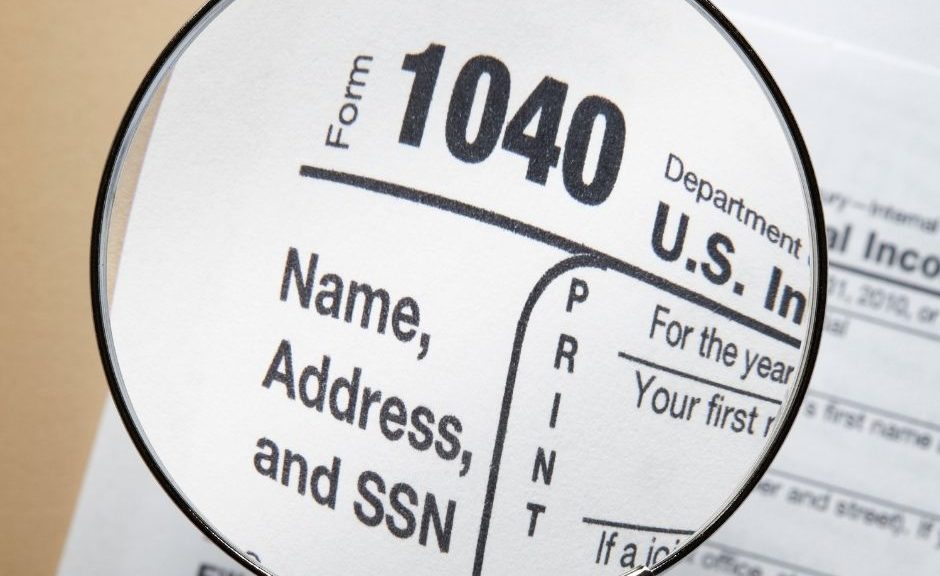Audit!
That word sends shivers into any honest taxpayer. You do everything you know to do on your tax returns. Your CPA has signed it and filed it.
However, despite all that, the audit notice from the IRS has arrived. You’re stressed.
It doesn’t have to be that way. You can avoid an audit on your 2021 tax returns if you take the right preventative steps to do it. Here are some smart and legal ways to do it:
-
- Don’t lie or attempt to cheat the IRS: This is the first and foremost reason! SO many people try to cheat the IRS every year. Some get away with it but most do not. Besides that, it’s just wrong. Dishonest tax filers claim excessive or unreasonable tax deductions. They are so obvious, that the IRS flags them and begins investigating. Their agents will ask for additional information. If discrepancies are found, the agency may levy penalties. Instead, be truthful in all your deductions and credits.
- Keep accurate and detailed records: There is a boatload of different forms that are available based on deductions and income. They can be confusing and it’s easy to make mistakes or forget them. Thus, the importance of keeping accurate and thorough records during the year. Keep all expense receipts in a file labeled for that year. That file should be accessible at all times. File your taxes only when you have all the required forms so you won’t have to amend your tax return.
- Don’t overdo it with your home office deduction. Self-employed people who have businesses in their homes are considered independent contractors. The deductions designated for that should be “reasonable” as the IRS defines it or it may become a huge red flag, especially if the home office is where you derive most of your income. So, claim just a percentage of your mortgage or rent that is your true workspace. Other expenses, such as phone, AC/heat, supplies, and other expenses can be claimed as business-related.
- File electronically. A good way to avoid audits is to file them online. The IRS encourages this for one big reason: paper filing usually contains many more errors than electronic files. Hard copy errors are 21% as electronic filing is 0.5%. The IRS software has protections in place so that filers have fewer errors.
- Hire an experienced bookkeeper, accountant, or CPA. Tax laws change every year. It’s almost impossible to keep up with them unless you are an accounting professional. So, protect yourself and hire an accountant or bookkeeper to file your taxes for you. Most good accountants will also represent you to the IRS, which can be invaluable to prevent an audit.
Tax Day is April 18, 2022, which is only a few weeks away as we publish this blog. No one wants to be audited. It can be agonizing. If you have not done the above steps or wonder if you are going to be audited, please contact an accountant for a consultation.
AK Burton, PC, knows the current tax laws and how to work with the IRS. Our experienced tax preparers can file your business and personal tax returns and represent you to the IRS. Call us at (301) 365-1974 for a consultation.
We serve the Bethesda, Rockville, and Montgomery County, MD area.


